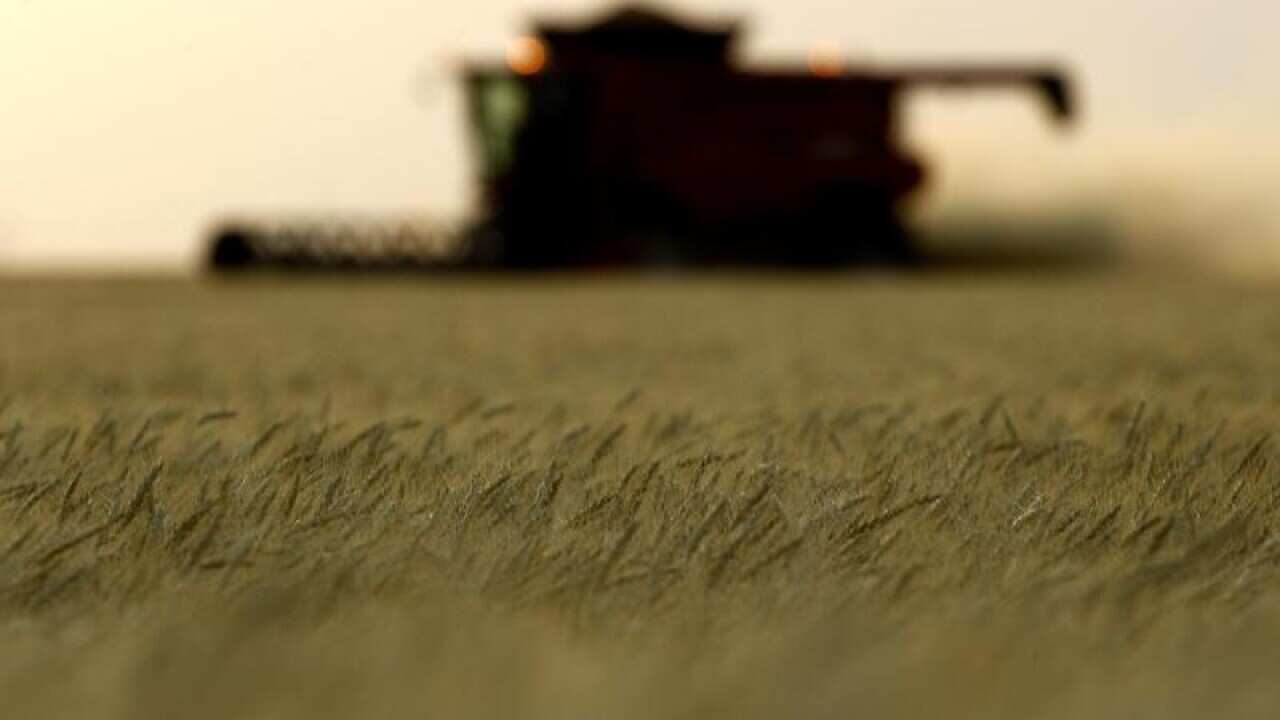Drought has hogged rural headlines, but icy overnight conditions coupled with high livestock prices are factoring into whether grain growers will abandon weather-beaten crops in the coming weeks and cash in on silage instead.
Western Australian wheat output, in particular, is expected to take a hit this summer after a cold, dry September, with an earlier and reduced national harvest increasingly likely, according to Rabobank Australia's Agribusiness Monthly outlook.
And even if it does rain towards the end of October and start of November, the rural lender and agribusiness specialist says it would only damage wheat crops that have turned, increasing the likelihood of crops being abandoned and sold for hay in a drought-skewed fodder market.
"While poor winter crops are being baled for hay, even so, the depleted state of fodder reserves are expected to keep fodder prices high and availability scarce," the report said.
"This will place margin pressure on (livestock) producers, and, confronted with a summer with possible limited feed, may lead to increased cattle sales."
The report said patchy September rainfall across drought-hit states has given some hope farmers may be able to hold onto their cattle, though increased slaughter rates are more likely as producers try to keep costs down.
It was the nation's driest September on record, with most of southwest NSW missing out on rain altogether, though some drought-ravaged areas such as Gunnedah and Mudgee recorded falls.
The Bureau of Meteorology says hot and dry conditions are set to continue into summer, with El Nino more likely end of the year.
Meanwhile, Rabobank says strong grain prices, together with further tightening of the livestock feed balance sheet, and lowering of WA prospects, will renew interest in possible international grain imports to the east coast.
"While we still consider whole grain imports a bridge too far we now consider there a rising likelihood of the import of processed grain options such as distiller's dried grain, and certain increases in the import of soymeal to support the poultry sector."
Share

